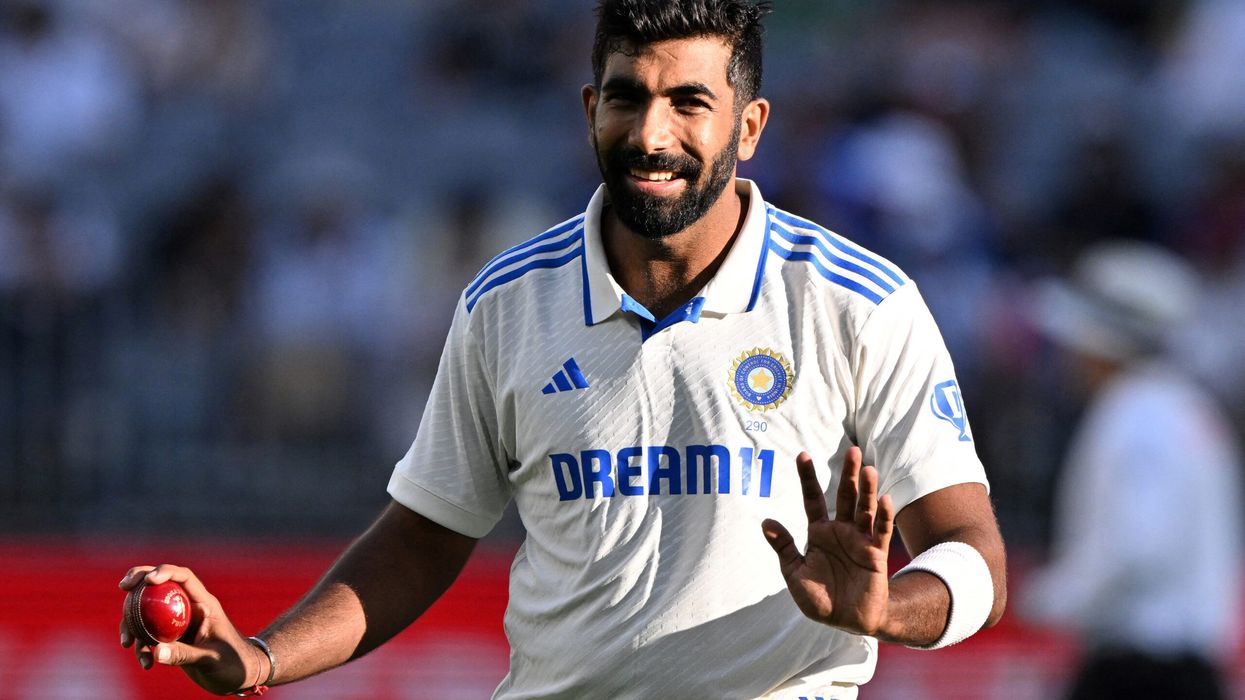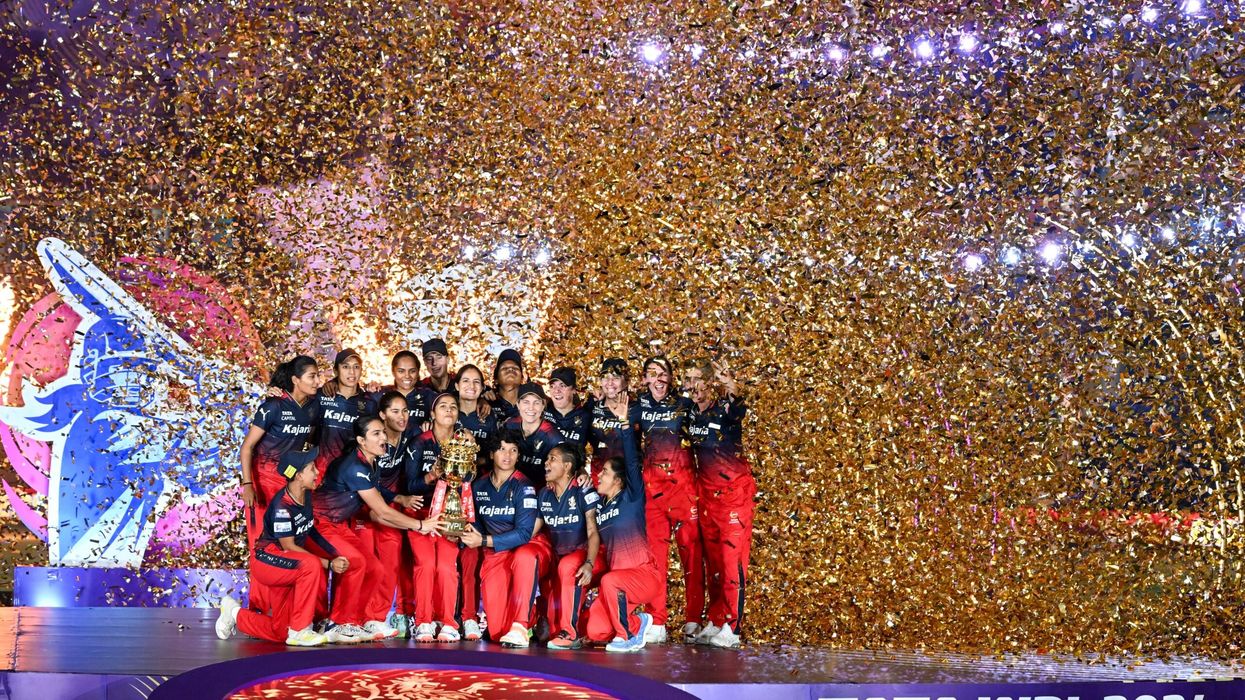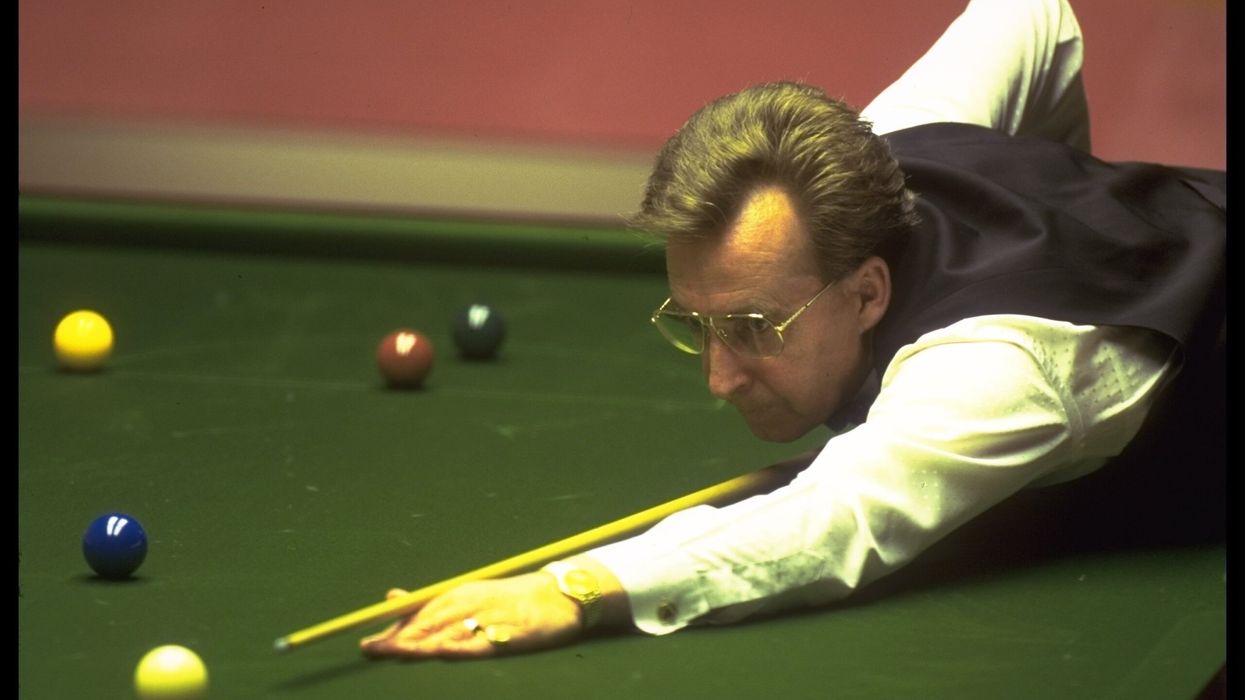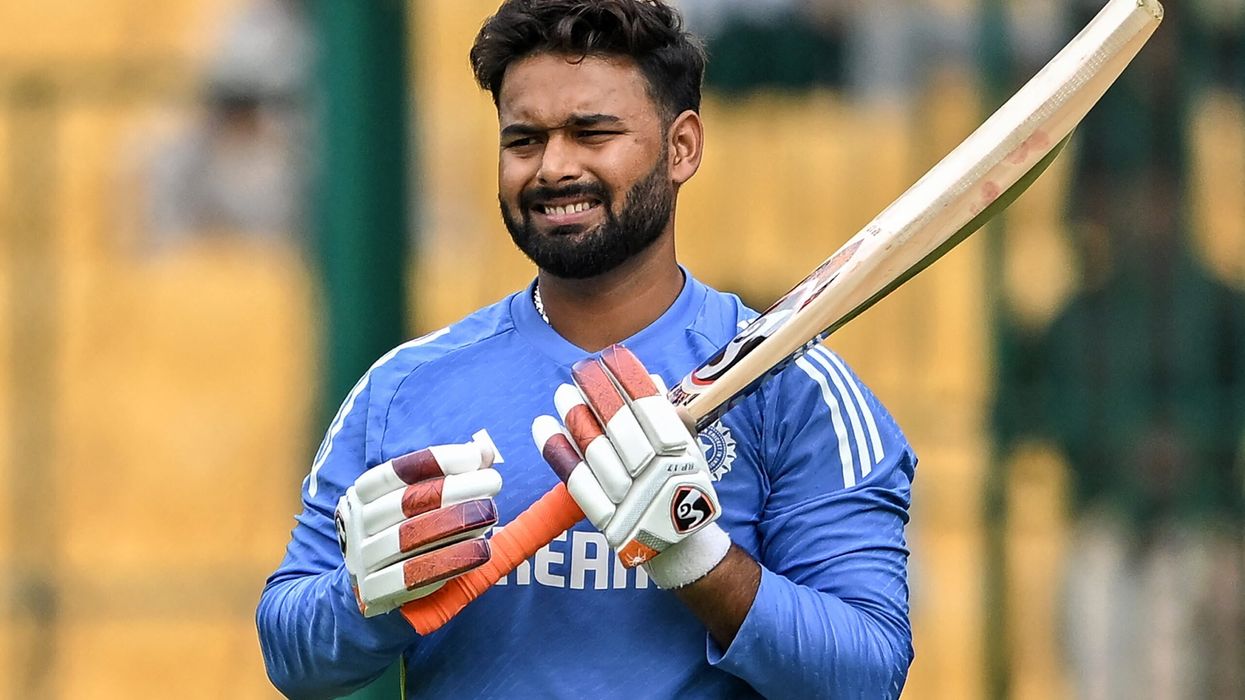India a force to be reckoned with
I was at the India vs Australia match. India definitely look like they will be the first team to get in the semi finals.
India's batting is so strong. What I like the most is that in the game against South Africa, Rohit Sharma fired and against Australia his opening partner Shikhar Dhawan scored a brilliant century. India's batting is coming to form at the right time. They have options in adjusting the order as well. Against Australia they brought Hardik Pandya up the order at number four to give some acceleration in the last ten overs. And they have big-hitters throughout their line-up. India are capable of batting in the last ten overs like a IPL match and go at more than ten runs an over.
I think India’s wrist spin is going to be huge factor to win the World cup. Yuzvendra Chahal and Kuldeep Yadav are a dynamic duo and will bamboozle a lot of batsmen. Australia struggled against India's wrist spin and you can see Virat Kohli will be using them effectively during the World Cup to take key wickets.
Some people are questioning will two wrist spinners play a big part on English conditions, I would say when the wickets are dry and the sun is shining, the spinners look effective. The wrist spinners are bowling incredibly well but the oval wicket was a used wicket. How would the spinners favour on unhelpful conditions? If I was England I would produce green wickets to stop the wrist spin of India but that would lead to Indian fast bowlers doing well too.
They also have Jasprit Bumrah as the number one bowler in the world. It just completes their bowling attack. Bumrah is rightly considered the best bowler in the world at the moment. He gets his yorkers in and really comes into the batsmen from a high arm action similar to Makhaya Ntini who bowled for South Africa.
As for potential weaknesses, India's lack of lower order depth could be one. They rely heavily on Hardik and MS Dhoni lower down but what will happen if they lose both of them quickly? I don’t think India’s lower order is strong enough to post a huge total if the top order don’t fire. That's why is it refreshing to know the openers are batting well and the top four need to be in good form so the lower order can tee-off in the last ten overs.
Also, if conditions don’t suit the spinners, then they could go the distance and you may see India being vulnerable, especially with some wet weather around this week, it will be interesting to see if conditions don’t suit India how they respond.
Against the weaker oppositions, India should give a chance to other squad members because it is important to give match time be keep the whole squad ready for the bigger games.
My prediction for India is that they should make it out of the group stage and if the conditions favour them, India should make it to the finals.
India vs Pakistan
But before we get to the semi-finals, we have the what I believe is the pinnacle of white ball cricket. Any global tournament we need India vs Pakistan match, it just lights up the tournament. Also with the history between the two countries, sport is way to bring both countries together despite the political tensions.
As for the match itself, India have shown they handle the situation better as they have never lost a World Cup match to their greatest rivals. However, Pakistan did beat India in the Champions Trophy Final, in England, two years ago. If Pakistan are to cause a shock, they will need their big players to stand-up and perform, such as Mohammed Amir who tends to bowl well to the likes of Rohit Sharma and Kohli, but he does needs the conditions to favour swing bowling.
I am going to go for an India victory as I just can't see Pakistan performing unless the conditions are exactly in their favour, which is no guarantee. And even if we do get swinging conditions, then India have their own firepower in that department with Bumrah and Bhuvneshwar Kumar.
No harm in British Asian fans supporting South-Asian teams
A lot has been made of the fact that 40 per cent of World Cup tickets have been sold to South Asian fans, including British Asians, who are actually supporting the likes of India, Pakistan and Bangladesh instead of England. I don’t think it’s bad for the game, British Asian fans supporting the likes of India and Pakistan. This is good for the game, we need people supporting different countries, after all this is a carnival of cricket not a political show!!
Fans are the biggest stake holders in the game. They need to bring colour, glamour. noise and a bit of controversy to add to the masala of World Cup. I really enjoyed interacting with the fans at the BBC Asian network event from Bharat Army (India fans) to Stani Army (Pakistan fans), it's just add spice and colour to the World Cup. I like the diversity of fans supporting their parent country and England too.
Read Monty Panesar's World Cup column every week in Eastern Eye newspaper and easterneye.biz.












